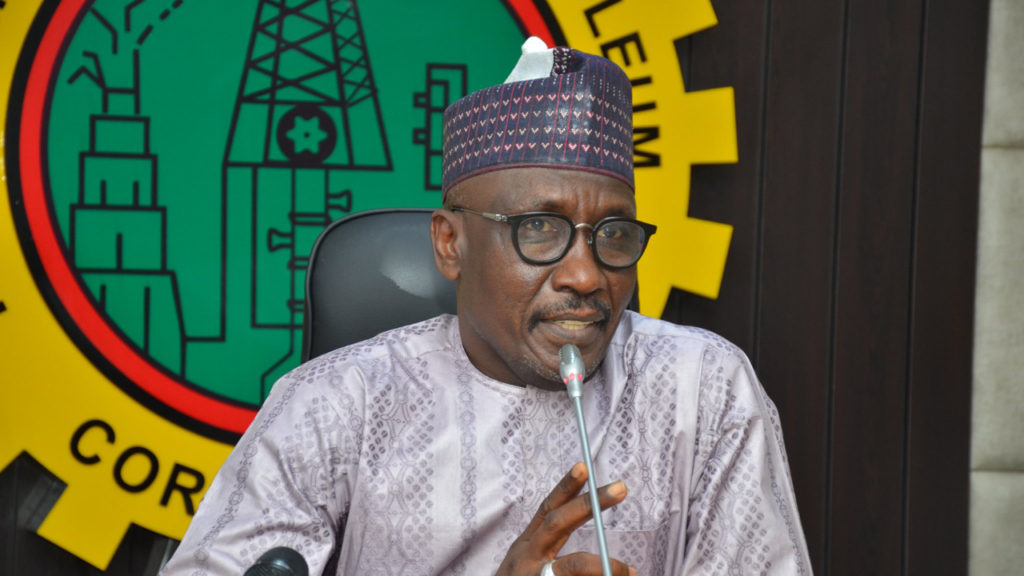The Federal Government has said a policy on the operations of artisanal refineries in the country would soon be unveiled. The Senior Special Assistant to the President on Niger Delta Affairs, Senator Eta Enang, explained that the policy would guide the ownership as well as regulate the operations of artisanal refineries in the country.
“We are still working on the policy that will regulate the operations of artisanal refineries in the Niger Delta. It will soon start”, he added.
Besides, the Nigerian National Petroleum Corporation (NNPC) has also said it was embarking on cut-cutting measures aimed at delivering optimum returns on its investment beyond the COVID-19 pandemic.
Speaking in Abuja at the inauguration of Francis Olabode Johnson Foundation, the Group Managing Director of the Corporation, Mele Kyari ruled out mass sack in NNPC on account of COVID-19.
His words: “As we all know that the global oil and gas industry is going through complex transitions that require our collective resilience to survive. The global business landscape is fast changing to accommodate the new normal advanced by the COVID-19 pandemic. In the associated business global space, there are many things that will never come back to normal, as we know them. This, of course, has an impact on everything including the oil industry.
“Corporations have responded and are still responding to these shifts with a variety of unpopular measures ranging from staff layoffs to salary cuts to keep costs as low as possible and survive in these difficult times we are in. The NNPC is definitely not immune from these global impacts and we have taken careful steps to align our business portfolios and operations to ensure continued value realisation, while deliberately preserving our employees as our most critical assets. As you all know in this industry, the NNPC is the only national oil company that did not consider layoffs as a result of COVID-19,” he said.
Enang, who described the late PENGASSAN President, Olabode Johnson as a reliable and practical labour union leader before his death two years ago, also described the insecurity situation in the country as ‘getting too hot’.
“Things are getting too hot. This is not the Nigeria we thought would be. Please, Nigerians come to the table to discuss whatever are our differences. We would never resolve this with the barrels of the gun. I would like to tell Nigerian leaders that the youths are not looking for accommodation, but for rights to participate.
“They are looking for equal opportunities. Let us, by our actions and words, engage the youths intellectually and create jobs for them. Let us not be happy keeping the youths on the streets and telling them that they are leaders of tomorrow. That tomorrow we told yesterday is today,” he said.
On his part, the Executive Secretary of Petroleum Equalisation Fund Management Board, Ahmed Bobboi, lauded Johnson for running PENGASSAN in a selfless manner and showing uncommon leadership skill, which is rare to find within the labour movement and Nigeria as a country.
He argued that the collapse of quality teaching at the primary school level, as well as the collapse of local government administration is responsible for the leadership challenge confronting the country.
He explained: “There is a leadership challenge in Nigeria. I think Nigeria gets it wrong from the base, which is the primary schools and local government administration levels. I think we need to focus very seriously on grooming our leaders right from the beginning, which is the kindergarten level. Leadership traits should be inculcated in our children. The primary school system is collapsing just as the local government system has collapsed completely. We need to pay attention to these.”

